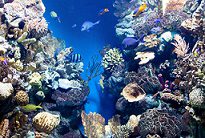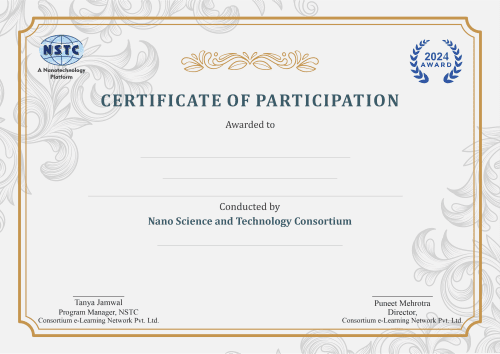
From the Sea to the Lab: Understanding the Potential of Marine Biomaterials
Unlocking Ocean Secrets for Tomorrow’s Solutions
From the Sea to the Lab is an innovative workshop that focuses on the extraction and application of biomaterials from marine sources, including algae, marine fauna, and microorganisms. This course provides a deep dive into the chemistry and biology of marine resources, highlighting how they can be transformed into valuable products for various industries. Participants will engage with the latest research and techniques in marine biotechnology, exploring the economic and environmental benefits of marine biomaterials.
Aim: The workshop “From the Sea to the Lab: Understanding the Potential of Marine Biomaterials” aims to explore, analyze, and leverage the diverse array of biomaterials sourced from marine organisms for a range of applications. Through interdisciplinary research, the program seeks to uncover the unique properties of marine biomaterials, identify novel biomolecules, and develop innovative solutions in areas such as biotechnology, medicine, and materials science. By bridging marine science and biomaterials research, the workshop strives to promote environmental sustainability, foster biomedical advancements, and inspire the development of new technologies that harness the vast potential of marine resources.
- Understand the biological and chemical properties of marine biomaterials.
- Develop skills in extracting and processing marine resources sustainably.
- Analyze the commercial and therapeutic potential of marine-derived products.
- Evaluate the environmental impacts of marine bioprospecting.
- Engage with ethical issues and sustainable practices in marine biotechnology.
What you will learn?
- Tools for exploring marine biology
- Types and sources of marine biomaterials
- Methods of extraction of marine biomaterials
- Biomedical applications
- Anticancer activity
- Antimicrobial activity
- Tissue Engineering and Regenerative Medicine
- Cosmetics Drug delivery
Intended For :
- Undergraduate degree in Environmental Science, Chemical Engineering, or related fields.
- Professionals in the biotechnology or pharmaceutical industries.
- Individuals with a keen interest in marine biology and sustainable environmental practices.
Career Supporting Skills

